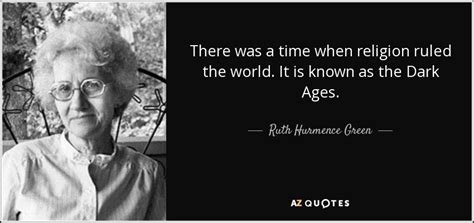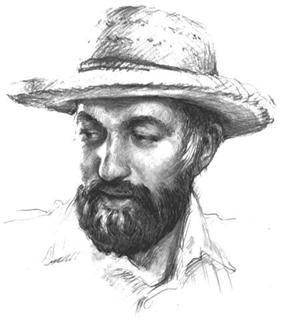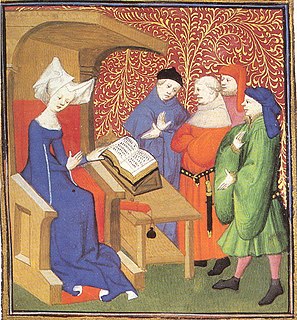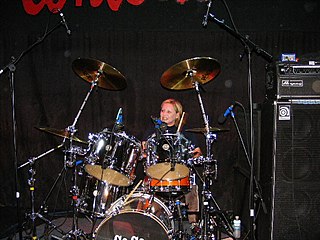A Quote by Joseph Addison
It happened very providentially, to the honor of the Christian religion, that it did not take its rise in the dark illiterate ages of the world, but at a time when arts and sciences were at their height.
Related Quotes
For a long time it has been known that the first systems of representations with which men have pictured to themselves the world and themselves were of religious origin. There is no religion that is not a cosmology at the same time that it is a speculation upon divine things. If philosophy and the sciences were born of religion, it is because religion began by taking the place of the sciences and philosophy.
One of the most persistent fallacies about the Christian Church is that it kept learning alive during the Dark and Middle Ages. What the Church did was to keep learning alive in the monasteries, while preventing the spread of knowledge outside them... Even as late as the beginning of the nineteenth century, however, nine-tenths of Christian Europe was illiterate.
For the first time I understood the dogma of eternal pain... For the first time my imagination grasped the height and depth of the Christian horror. Then I said: "It is a lie, and I hate your religion. If it is true, I hate your God." From that day I have had no fear, no doubt. For me, on that day, the flames of hell were quenched. From that day I have passionately hated every orthodox creed. That Sermon did some good.
If there were a reason for preferring the Christian religion to natural religion, it would be because the former offers us, on the nature of God and man, enlightenment that the latter lacks. Now, this is not at all the case; for Christianity, instead of clarifying, gives rise to an infinite multitude of obscurities and difficulties.
Kant's treatments of rational theology and metaphysics were aimed primarily at theoretical questions. His attitude toward the pseudo-sciences of "special metaphysics" in Wolff and Baumgarten was always double-edged. He did see them as pseudo-sciences but also valued their doctrinal value and especially their regulative value for the empirical sciences. Like his views about religion, I don't think any of this is any longer viable in its original form.
We're living in a Dark Age of macroeconomics. Remember, what defined the Dark Ages wasn’t the fact that they were primitive — the Bronze Age was primitive, too. What made the Dark Ages dark was the fact that so much knowledge had been lost, that so much known to the Greeks and Romans had been forgotten by the barbarian kingdoms that followed.






































